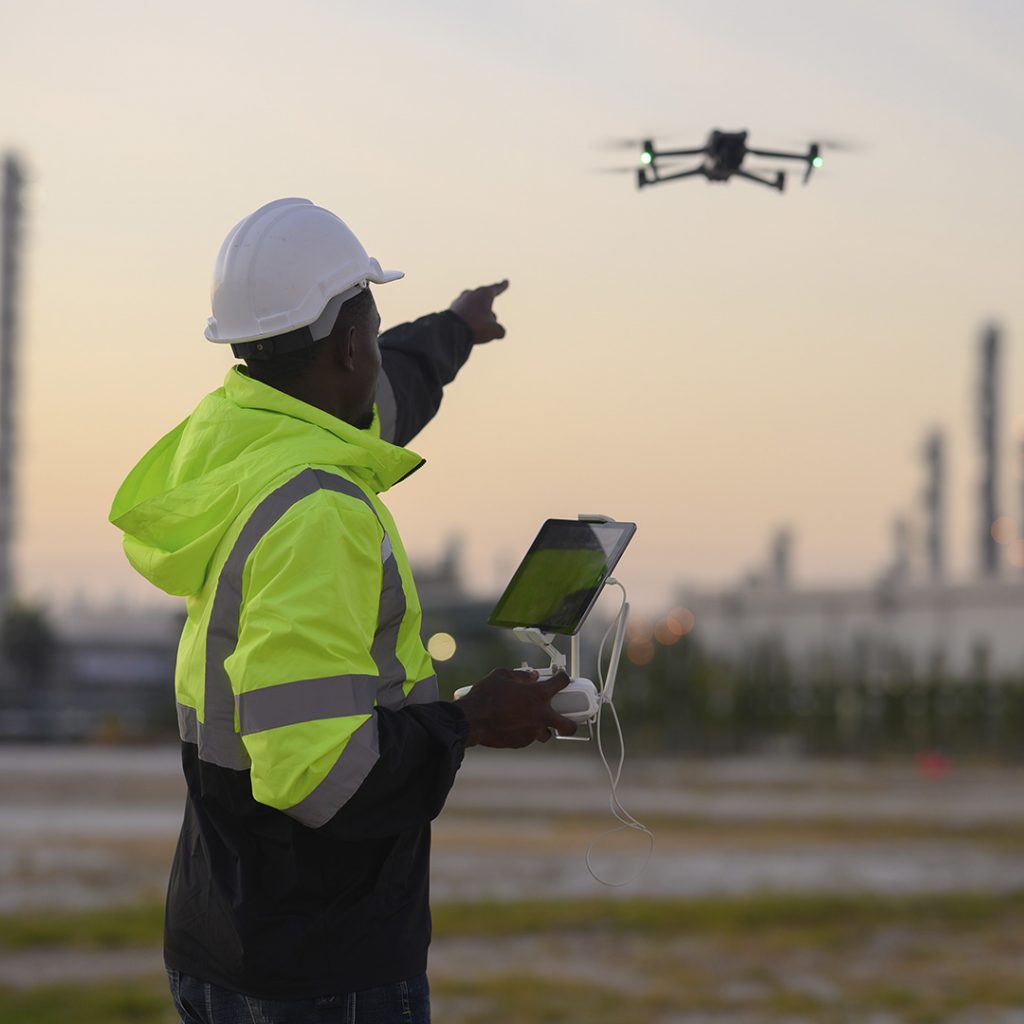
You don’t see them, but those small unmanned aircraft are up there monitoring traffic on the roads, and, if a driver breaks the law, they record it and submit it so that the driver receives a fine. This might be the best-known use of drones on the road. In Spain, for example, the DGT implemented them to control traffic in 2018, and there are already 39 that fly over Spanish roads for this purpose.
But drones have other uses beyond merely controlling traffic. For example, they can be a very useful tool for civil engineering, especially in road construction, since they provide a faster analysis of their condition of the terrain and offer better quality mapping and greater data accuracy. According to a study by the Andalusian Technology Corporation (CTA), it is estimated that these unmanned aircraft can reduce costs by more than 25%. In addition, they also help reduce by up to 10 times the time it takes to lay out roads, bridges and tracks.
Aware of everything these unmanned aircraft can do for the construction of roads and highways, Abertis has announced a new Drone Challenge. The winning project of the last edition was the one submitted by the start-up created by the Spanish company Azisa, based in Gijón, which specializes in drones that do inspection work in industrial environments, and the American company Aren, based in New York, which has patented a technology that combines civil engineering, deep learning and AI for infrastructure supervision.
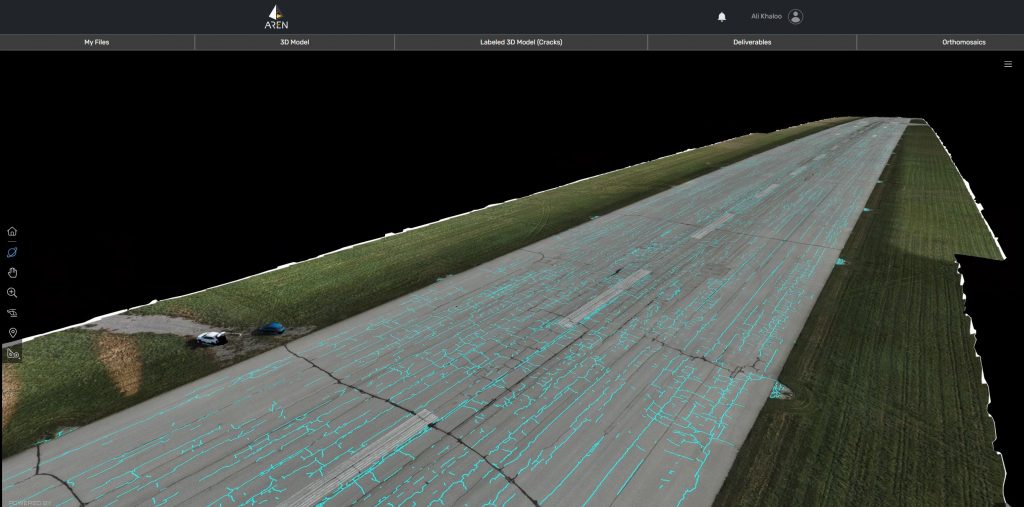
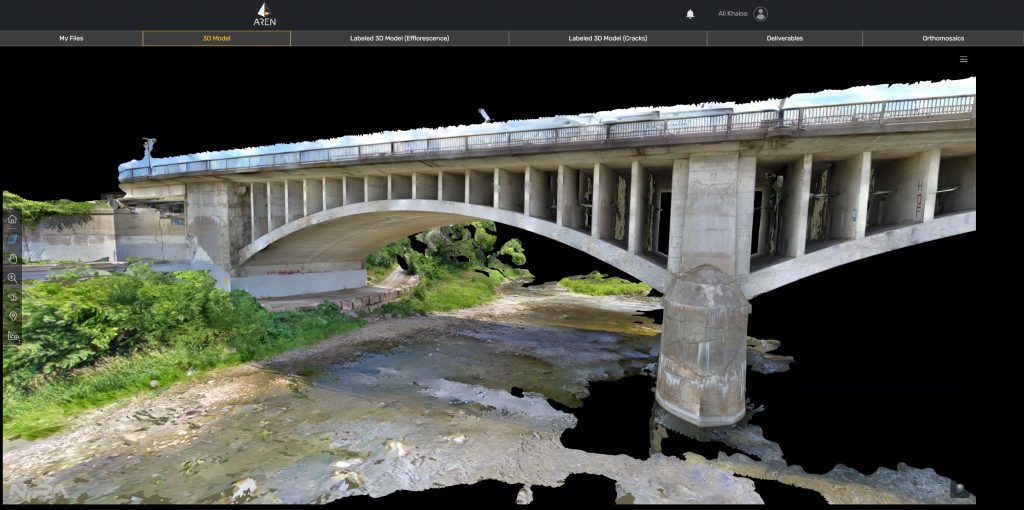
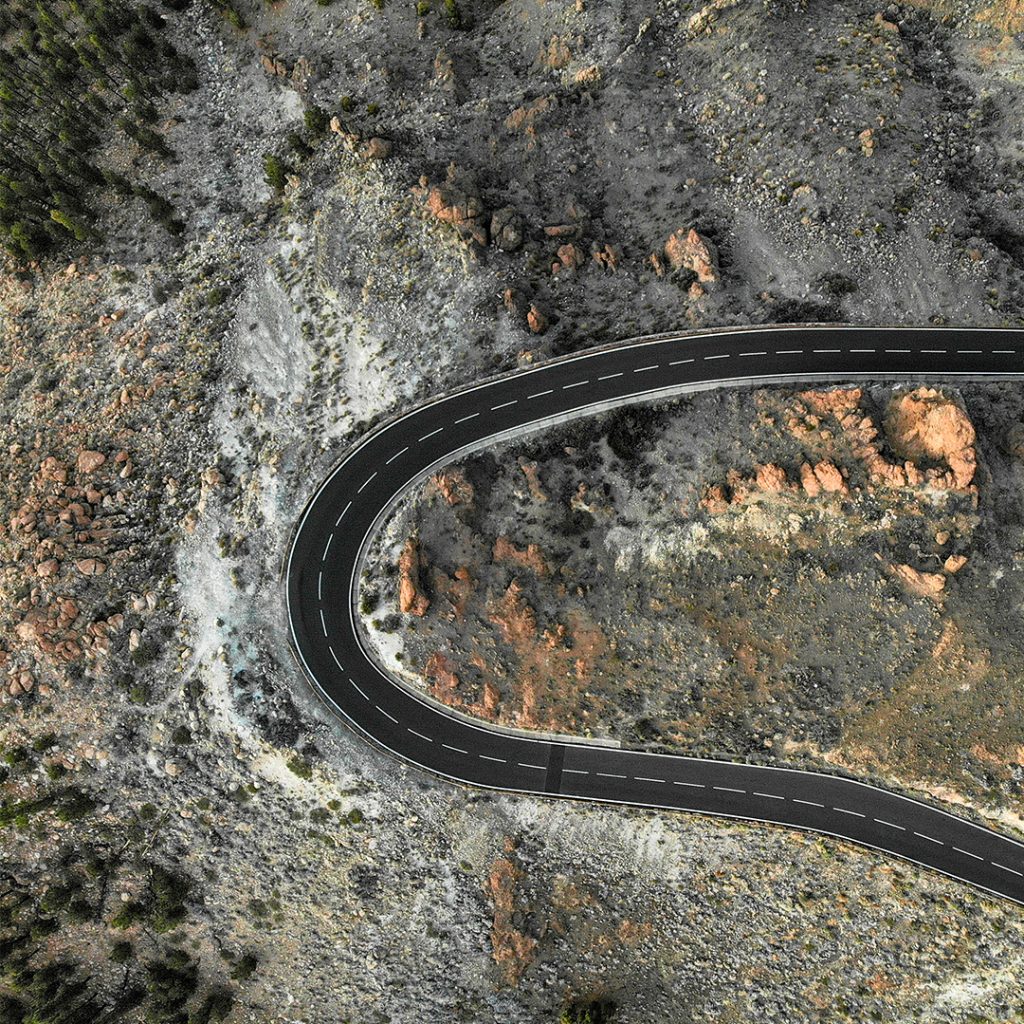
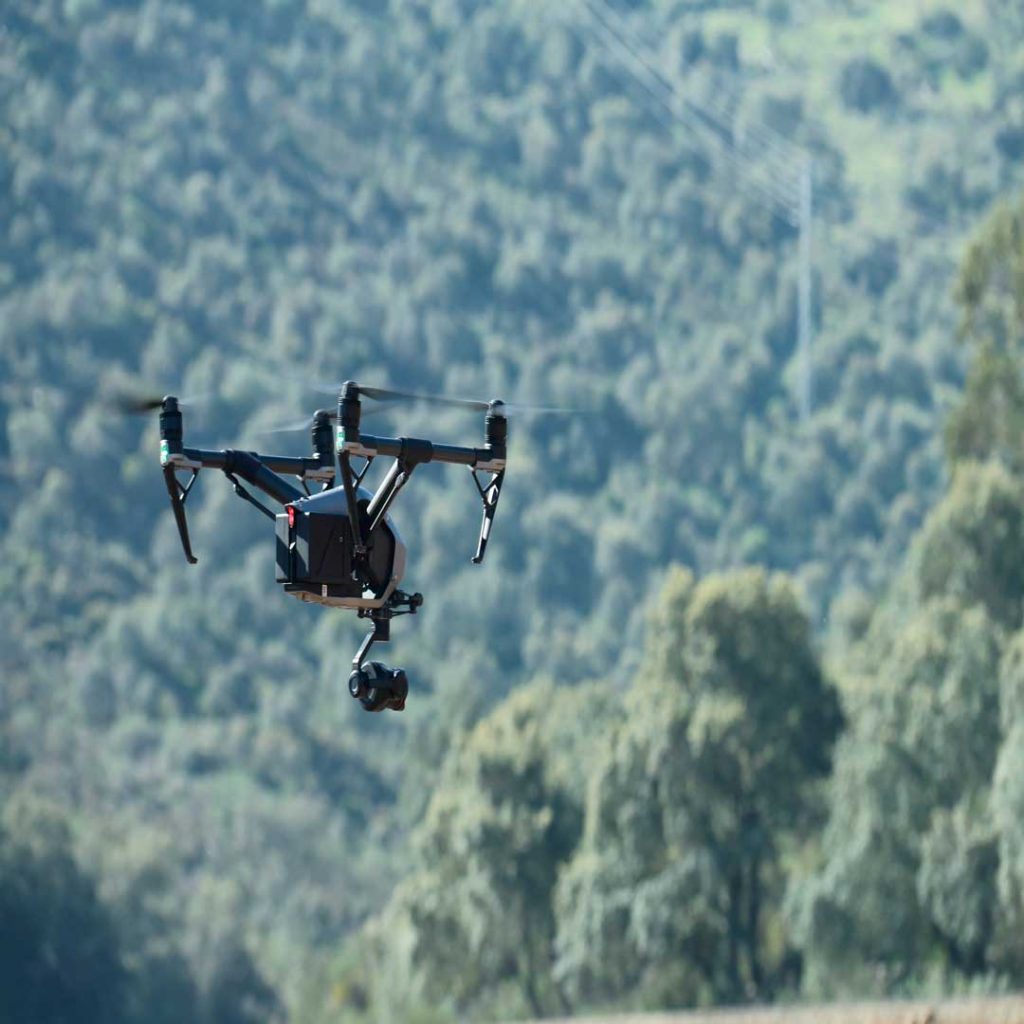
The project provides end-to-end industrial inspection services by using unmanned vehicles such as drones, UGVs, ROVs and USVs. In addition, it uses different software tools to create valuable 2D and 3D information and artificial intelligence to process and analyze damage in concrete and metal structures.
“Our value proposal focuses on optimizing the life cycle costs of civil infrastructure for private road infrastructure managers and operators,” explains Edgar Martínez Ceja, COO and co-founder of Aren. “We are able to achieve this through the technology that we have created and patented, which results from the combination of artificial intelligence, civil engineering and drones. Our intention is to help our clients move from a position where structure management goes from being reactive to proactive.”
According to Martínez Ceja, there are two key aspects that make this proposal unique. On the one hand, the technology that Aren has patented combines artificial intelligence and civil engineering with the aim of optimizing costs throughout the life cycle of different infrastructures. On the other hand, Azisa contributes its global service capacity. “Aren has created the largest AI training data set for civil infrastructure globally. Azisa is not only an inspection company, but also uses its capacity to develop unmanned robotic platforms to successfully execute any project, no matter how complex it may be. Current systems are manual, which makes the information subjective and limited,” clarifies the co-founder of Aren.
With this pilot project, Abertis will boost the efficiency of its operations, promote innovation and consolidate its commitment to offering increasingly safer infrastructures through innovation, as Toni Duran, the global head of innovation at Abertis, explains: “We have selected this option because it allows for the automated inspection of structures such as bridges, to identify possible defects, as well as the monitoring of any changes, the inference of the structural condition and the development of an optimal maintenance plan.”